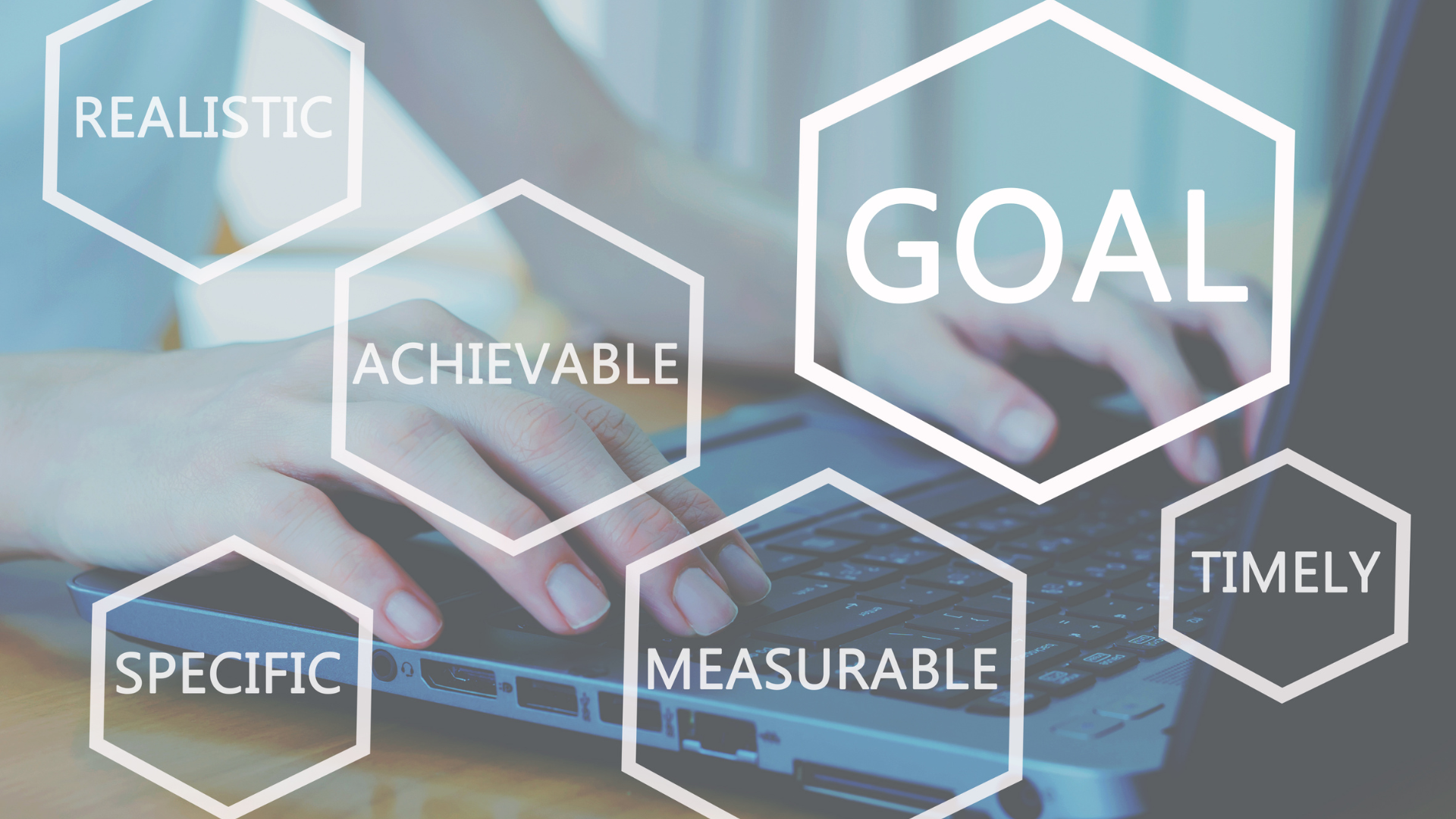BLOG
Life Beyond Boundaries

Coaching is a powerful tool for employees, employers, and the workplace as a whole. When used effectively, coaching can help employees grow into their full potential and make more effective decisions. It can also help employers retain their best talent and increase overall workplace productivity. But not everyone understands how workplace coaching works or why it's important—and that makes it a challenge to implement this practice successfully. In this article, I'll explore some of the most important benefits of employee coaching while also addressing common challenges associated with this practice. Coaching, in its simplest form, is like having a personal trainer for your personal and professional life. Think of it like this: instead of teaching you the best gym exercises, a coach guides you through the maze of life and workplace challenges. They're there to help you hone your skills, set clear goals, and navigate those limiting beliefs, tricky office politics or career roadblocks. In today's ever-changing workplace, where adaptability and continuous learning are the name of the game, having a coach is more vital than ever. They offer that extra layer of support, ensuring you not only stay on top of your game but also evolve and grow with the times. And the best part? When employees feel supported through coaching, they're happier, more engaged, and perform better—making it a win-win for everyone involved. So, in essence, coaching isn’t just a fancy corporate term; it's a tool to make work feel a bit more like play and a lot more productive. The Link Between Coaching and Performance. Coaching is a great way to improve performance in any area of life. It can help you perform better at work, but it's also a tool for self-improvement and personal growth. For example, coaching can help you develop new skills or learn how to be more effective on the job by providing regular feedback and guidance in skill development. This will help clarify job roles and expectations, as well as increase motivation and boost confidence in employees when they're supported properly. Benefits of Coaching to Employees. Coaching can be a powerful tool for employee engagement, retention, and performance. Increased productivity: Coaching increases productivity by helping employees learn new skills and develop their confidence at work. It also helps them become more self-aware so they can recognize when they need help or support from others in order to perform their best. Reduced turnover: When employees feel valued, they are more likely to stay with an organization longer than those who don't get coaching support from managers or mentors. Coaching provides tailored training for each individual employee based on their needs; this tailored approach helps build trust between the coach/mentor and mentee/apprentice so both parties feel like they are being heard during coaching sessions (or mentoring sessions). This leads directly into increased job satisfaction among those who receive regular coaching sessions versus those who do not receive any type of development opportunities during employment at all! Benefits to Employers? The benefits to employers are clear: Well-coached employees often work more efficiently, which can lead to better work-life balance and more engaged employees. Coaching helps improve communication and collaboration among teams, fostering a culture where people feel they have access to their leaders and are heard when they have ideas or concerns. This is especially important in today's workplace, where many employees are working remotely or across multiple locations due to the nature of their jobs. Different Types of Coaching. There are many types of coaching, each with its own focus and approach. Some examples include: Performance Coaching: Focuses on improving an employee's job performance. The coach can help the employee identify goals, develop action plans and provide support as they work towards those goals. This type of coaching typically takes place one-on-one or in small groups at regular intervals over time (e.g., weekly). Skills Coaching: Concentrates on developing a specific skill set (such as public speaking) so that employees become more effective at performing their jobs well or reaching new career goals within their organization. Skills coaches may offer guidance in areas such as time management or effective communication skills; they may also provide feedback after observing how an employee performs during training opportunities like workshops or conferences where these skills might be put into practice outside the office environment. Tips for Implementing Effective Coaching. Coaching is a two-way street. To get the most out of your coaching experience, it's important that the company selects the right coach the right coach for their employees. The organization should ensure that the coach understands its values and goals before hiring them. Next, set up regular feedback sessions between the employee and the manager so they can provide continuous feedback throughout the year rather than just annual reviews. This will help ensure that both parties stay on track with their objectives while also keeping communication lines open at all times throughout the process--which ultimately leads us into our third point: creating safe environments where employees feel comfortable expressing themselves without fear of retaliation from upper management or peers in other departments (or even within their own). Next comes setting clear objectives for each session so everyone involved knows what needs improvement as well as how much time will be spent achieving those improvements (remember: "quality over quantity"!). Finally, measure results after each meeting using metrics like increased productivity levels due to better work habits acquired through coaching sessions; decreased turnover rates due "better fit" between employee personalities/work styles vs job requirements; etcetera... Challenges in Coaching. Coaching is a continuous process and not a one time event. Coaching can be applied to any situation where there is an individual or team that needs to improve performance, increase productivity and/or maximize their potential. The benefits of coaching include: Improved performance Increased motivation Better communication skills However, there are also some challenges with implementing coaching programs in an organization. These include: resistance to change; time constraints and costs associated with hiring coaches (or training existing employees) I hope you've gained a better understanding of the benefits of workplace coaching and how it can be implemented in an organization. Keep in mind that it will require time and effort from both parties involved-employees and managers alike. But with the right support from senior leadership, coaching can be a great way to improve employee performance while also improving morale at work!

Introduction I am not a psychologist or a writer. I'm a woman who finally figured out what she wanted to do with her life at the age of 44. This blog is based on my own learnings and experiences. I have always been as real as possible, at least I think so. However, now I found that being authentic makes me feel happier, more fulfilled, and better able to handle life's challenges. I'll talk about why authenticity is important and how you can make it happen in your life. The power of being an authentic person Being authentic is about being yourself and embracing your flaws. It's not about pretending to be someone else or trying to be perfect at everything, but rather doing what makes you happy and comfortable. Being an authentic person means knowing who you are and being proud of it, even if that means making mistakes along the way and that's okay! It's important to learn from those mistakes so that next time around, we can do better at whatever it was we were learning about ourselves through trial-and-error. Learn to embrace your flaws There's a difference between accepting your flaws and trying to change them. You can try to change your flaws, but changing how you perceive and react to them will make you feel more aligned with who you truly are. If you were in an environment that made you feel like there was always something wrong with the way you were living your life, then it might be hard for you now as an adult not only accepting those things within yourself but also embracing them and learning how not to let them define who are. But remember: no matter what anyone else thinks of us or says about us or does unto us we are not enough because they say so! We all have our own unique set of gifts and talents to share with the world. Read, meditate, and practice mindfulness Read books that help you understand yourself and your journey Meditate to calm your mind and body Practice mindfulness to stay present in the moment Make friends with your fears In order for you to live your truth, it's important that you understand what fear is and how it affects us. Fear is a normal part of life and can be helpful if used properly. It can motivate us to take action in the face of uncertainty and danger but when fear becomes overwhelming, it can paralyze us from doing anything at all. Fear can also be overcome by facing it head-on. By taking small steps towards our goals until they become larger ones; by challenging ourselves every day; by learning from experience rather than avoiding failure at all costs (which means never trying something new). You have to live your truth so that it doesn't live you. You can't control other people, but you can control yourself. You have to be true to yourself and live your truth so that it doesn't live you. The past is the past and there's nothing we can do about it now; all we have is today, this moment, and what we choose to do with those 24 hours in front of us. Align your values and behaviors with your desired message. Living the message you want to put out into the world can be a challenging but rewarding process. Here are the steps I am taking to live my message. You can also watch my video on YouTube where I explain it in more detail. Click here to watch. Clarify your message: Take some time to reflect on the message you want to put out into the world. * What are the values and beliefs that are important to you? How do you want to impact the world around you? Write down your message and keep it visible so you can remind yourself of it often. Lead by example: People are more likely to be influenced by what you do than what you say. * Make sure your actions align with your message. For example, if you want to promote kindness and compassion, make sure you are treating others with kindness and compassion in your daily life. Practice mindfulness: Mindfulness can help you be more present and intentional in your actions. * Take time each day to be mindful of your thoughts, feelings, and behaviors. This can help you identify areas where you may be out of alignment with your message and make adjustments as needed. Be authentic: People can often sense when someone is being disingenuous or insincere. * Make sure your message is authentic to who you are as a person. Don't try to be someone you're not in order to fit a certain image or message. Seek feedback: It can be helpful to get feedback from others about how well you are living your message. * Ask trusted friends or family members to give you honest feedback about how your actions align with your message. Use this feedback to make adjustments as needed. This is an ongoing process that requires self-reflection, self-awareness, and commitment. It may not always be easy, but by living your message, you can make a positive impact on the world around you. Conclusion I hope you've found this article helpful. I know it can be hard to live your truth, but it's worth the struggle. We are all in this together and I believe that if we all start living our truths then the world would be a better place.






